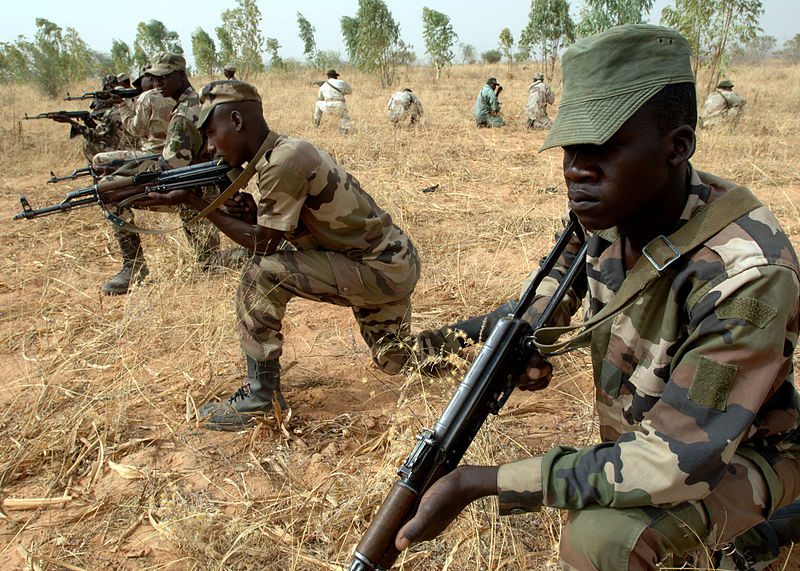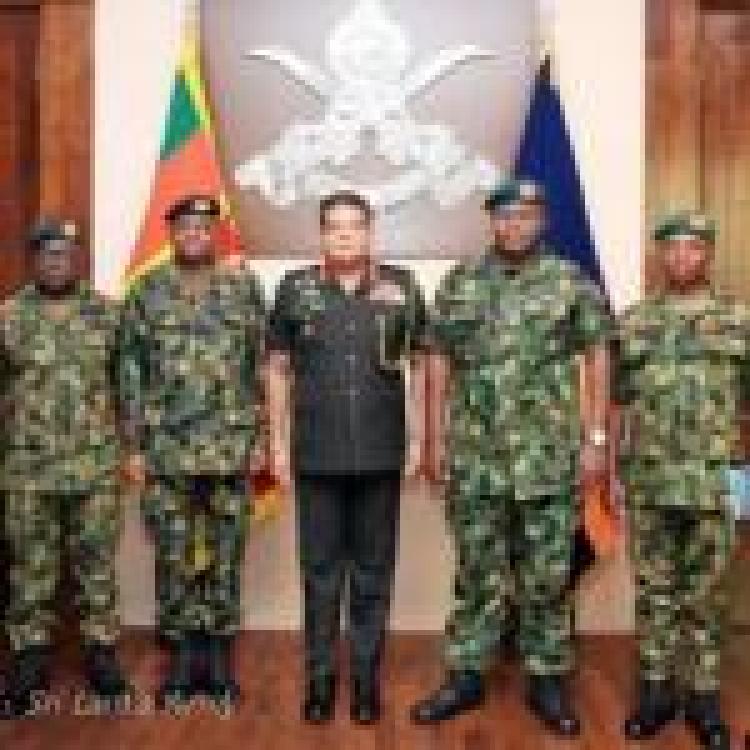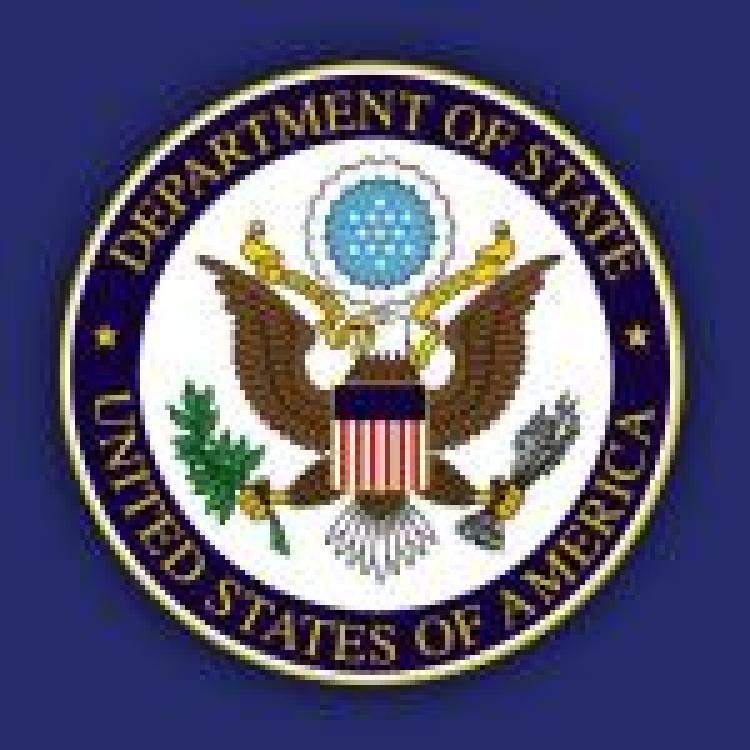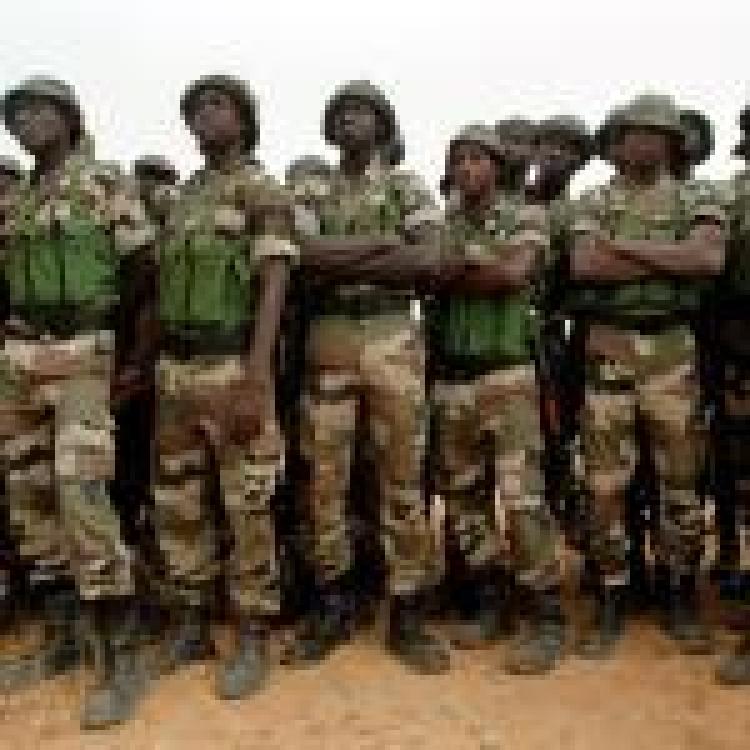
Human Rights Watch has expressed caution with respects to Nigeria’s plans to deploy police and soldiers to enforce social distancing warning that they have been implicated in a number of human rights abuses including “arbitrary arrests, extortion, illegal detention, and use of excessive force”.
Nigeria’s Inspector General of Police has directed police to enforce compliance with social distancing in order to curb the spread of the coronavirus. Nigeria has banned large gatherings and shut down schools in its capital, Abuja, the capital, as well as other key states. In Lagos, night clubs and bars have been ordered to close down whilst Ekiti, Ogun, Osun, and Rivers have adopted similar measures.
HRW has warned of Nigeria’s record of excessive violence when responding to large gatherings with little to no accountability for abuses. In their report, they detail an instance on 23 March 2020, when the Nigerian security forces fired live ammunition and teargas on Shia protesters.
Nigeria’s Inspector General of Police, spoke against unnecessary arrests and detention of suspects as they work to enforce social distancing but HRW also called upon him affirm the police’s commitment to human rights and to ensure “a clear message that there will be accountability for any such violation”.
Read HRW’s full statement here.



